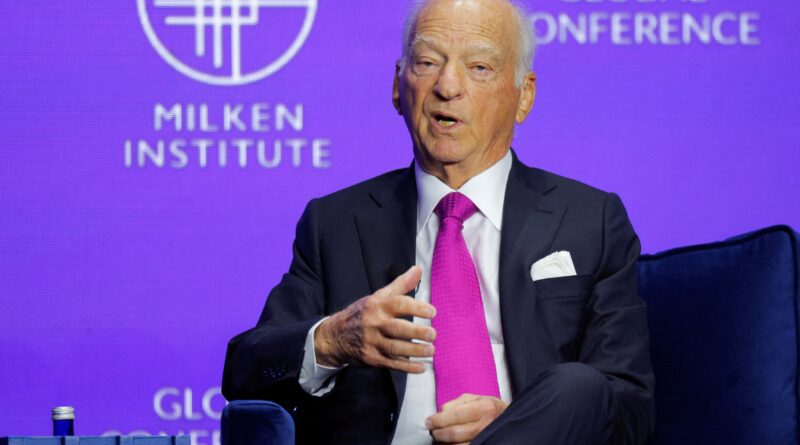Countdown to Potential Tariff Hike Triggers Global Uncertainty
The looming expiry of a three-month halt on increased tariffs imposed upon China creates an air of uncertainty, with Tuesday as the expected day of conclusion. Following the latest discussions on Sino-U.S. trade negotiations that took place at the end of the previous month, delegates from both sides anticipated a further 90-day extension of the deadline. However, this decision apparently hinges on President Donald Trump’s discretion, and there currently remains no official statement confirming whether this extension will be approved or if elevated tariffs will be implemented, causing businesses to be held in a state of suspense.
The inconsistency has positioned businesses in an uncertain situation, and a decision to augment import taxes might trigger turbulence in global markets. President Trump has been known for frequently altering deadlines and tariff percentages, adding further uncertainty. Neither party has revealed their plans for Tuesday, further escalating the suspense. Pushing the endpoint for reaching a trade agreement with China would avoid previously threatened tariffs that could reach 245%, which aim to compensate for the extensive, consistent trade deficit the U.S. has with China.
That trade deficit, which plunged to its 21-year lowest in July, has been attributed largely to the impending tariff threat, which has impacted Chinese exports detrimentally. It is not out of the ordinary for the U.S. to offer clues about the status of discussions, yet it is uncommon for China to disclose updates until key decisions are finalized. Prior to Tuesday’s deadline, Beijing has kept its comments to a minimum.
During an interview, JD Vance, U.S. Vice President, disclosed that President Trump is contemplating the imposition of further tariffs on Beijing, primarily due to China’s procurement of Russian oil. However, he also clarified that Trump has not yet arrived at a firm conclusion. Skyrocketing tariffs on Chinese products entering the United States could significantly burden Beijing during a period when the nation’s economy, recorded as the world’s second largest, is gradually bouncing back from an extended decline in its property market.
The persisting pandemic aftermath has forced individuals to depend on temporary, freelance jobs, leading to a tightened job market. The imposition of increased import tariffs on smaller packages from China has disadvantaged smaller production units, and layoffs have spiked. However, the U.S. is heavily dependent on imports from China for a broad range of items, including household products, clothing, wind turbines, fundamental computer chips, electric vehicle batteries, and the essential rare earth elements required to manufacture them. This dependency provides China with a substantial bargaining advantage during the trade talks.
Despite higher tariffs, China manages to remain competitive for numerous products. Chinese authorities are cognizant of the fact that the U.S. economy is only starting to grapple with the impact of soaring prices due to tariff increases. Currently, Chinese imports are subjected to a basic tariff of 10% accompanied by an added 20% tariff related to the fentanyl issue. Some commodities are subjected to even higher taxation rates.
Chinese exports to the United States bear a tariff of approximately 30%. Pandemonium ensued when Trump threatened to impose hefty 245% import duties on goods sourced from China before a ceasefire was declared. In response, China counterattacked by announcing a potential increase in tariffs on U.S. products to 125%.
A potential trade confrontation between these two powerful economies could have far-reaching repercussions on the global economy. It might affect industrial supply chains, demand for specific commodities like copper and oil, and could even have geopolitical implications, as seen with the ongoing conflict in Ukraine.
Following a phone conversation with Chinese leader Xi Jinping, Trump expressed his wish to arrange a meeting with Xi within the year. This provides a strong incentive for reaching an agreement with Beijing. However, failure to maintain their fragile peace could lead to an escalation in trade tensions and potentially higher tariffs, inflicting further damage on both economies and unsettling worldwide markets.
In such an event, businesses could stifle investment decisions and halt recruitment processes while inflation soars. This presentation of uncertainty only heightens the stakes involved in the ongoing debate, highlighting its significance not only for the parties involved but also the world economy at large.
All eyes are now on the Tuesday deadline as the world awaits the next move from these two superpowers. The financial markets and businesses alike are hoping for a positive outcome to avert the potential upheaval that could arise from a full-fledged trade war.



